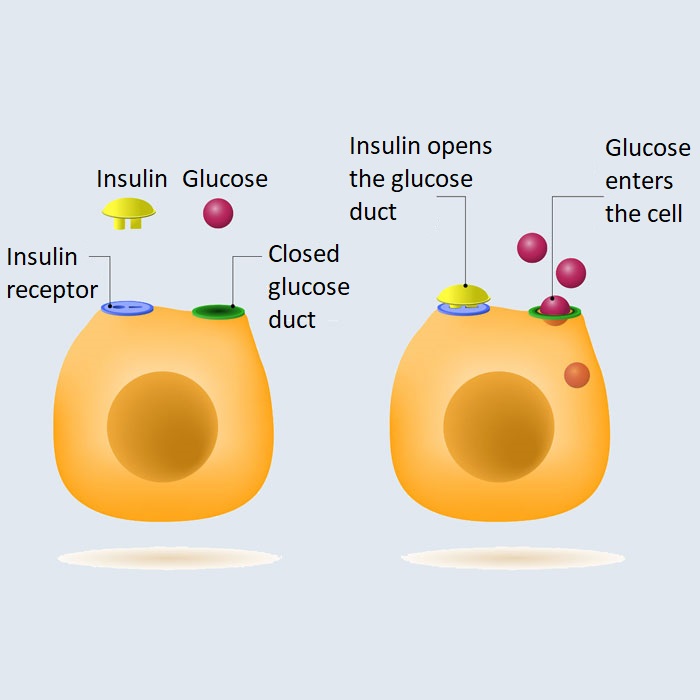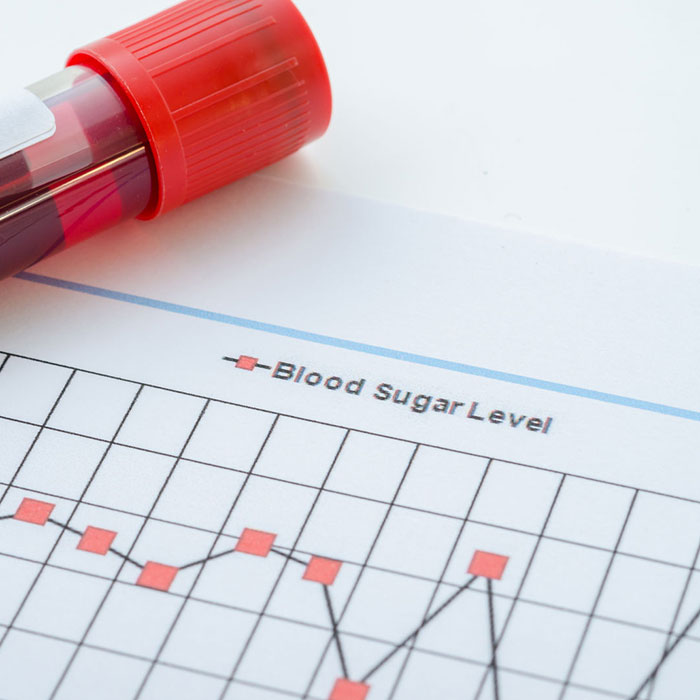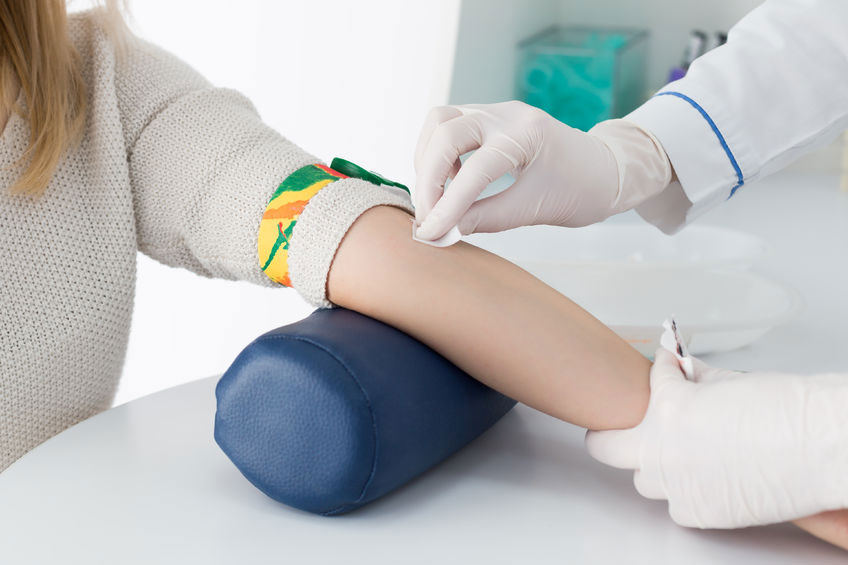Insulin resistance test package
Insulin resistance testing can detect insulin resistant state by a 2- or 3-point oral glucose tolerance test.

What is insulin resistance?
Insulin resistance (IR) is a condition in which our cells are unable to take up the glucose they need to function because insulin can only bind weakly to insulin receptors on the surface of cells. Insulin is responsible for the incorporation of glucose into cells.
Insulin is a hormone produced by the beta cells of the pancreas that helps the body convert glucose into energy. The food we eat is broken down by our digestive system into glucose, which enters the bloodstream and thus reaches every cell in our body. After a meal, the level of glucose (blood sugar) in the blood rises, in response to which the pancreas produces more insulin to help it integrate into the cells.
In the case of insulin resistance, the cells do not respond properly to the insulin, which causes the pancreas to produce even more insulin. After a while, however, it will not be able to meet the increased insulin demand, causing the non-broken-down glucose to accumulate in the bloodstream and lead to the development of diabetes.
Insulin resistance usually has no typical symptoms and is often suspected when examining other diseases. Symptoms may include depression, discomfort, fatigue, hair loss, overweight, apple-shape obesity, menstrual disorders, infertility, and strong hair growth. Insulin resistance is more common in women.
Insulin resistance enhances the risk of developing type 2 diabetes, it is its prior condition. Since insulin resistance is genetically inherited, testing is highly recommended for those with a history of type 2 diabetes in the family.
What does the insulin resistance test package include?
In case of the insulin resistance test, an oral glucose test is performed, in parallel with which the insulin level, the degree of secretion and its change are measured. In insulin-resistant individuals, in addition to blood glucose levels, insulin levels are also elevated.
It is recommended that a diet of 150 grams of carbohydrate be maintained for at least 3 days prior to the test, and a 12-hour fasting is required for the empty stomach blood draw prior to the test.
The test is performed in the morning on an empty stomach, with two or three samples as required. First, fasting blood is taken, followed by a blood sugar check. If the measured value is below 7.00 mmol/l, the test can be performed, at which point the patient should consume a sweet solution containing 75g of glucose. Then, in the case of a 3-point test, a blood sample is taken after 60 and 120 minutes, respectively, from which the glucose tolerance can be determined after the examination of the blood sugar level. At the same time, insulin levels and their changes are measured. In the case of a 2-point test, the second sampling takes place after 120 minutes.

The finding also includes the HOMA index calculated from fasting blood sugar and insulin values, the value of which is considered by your doctor when determining insulin resistance. A value of 2 already raises a suspicion of IR, however, this value alone is not sufficient to establish a diagnosis as it does not show a post-oral glucose tolerance test value.

When is the result expected?
After the 2nd working day following the test.
What to do after the laboratory test?
The result of the laboratory test alone does not qualify as a diagnosis, in the light of the symptoms and the measured values, the internal medicine specialist determines the existence of insulin resistance.
